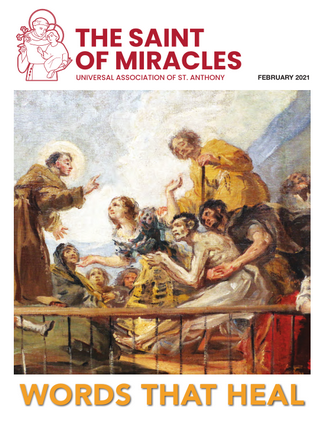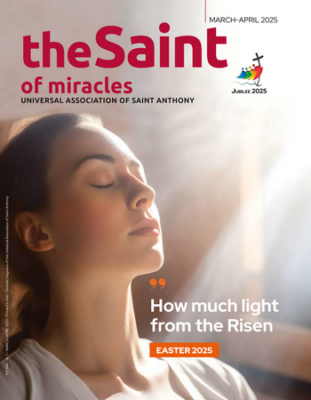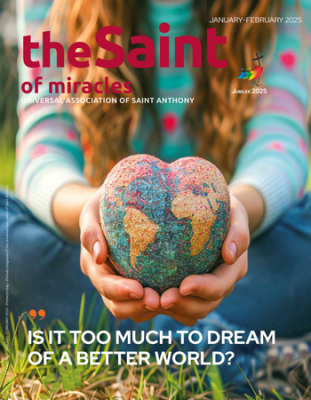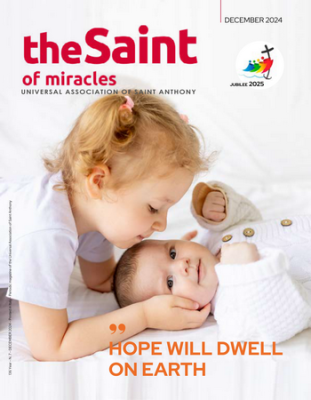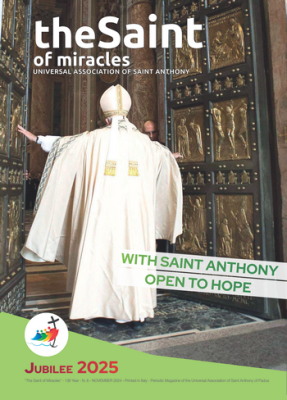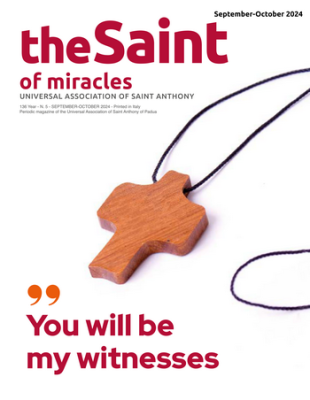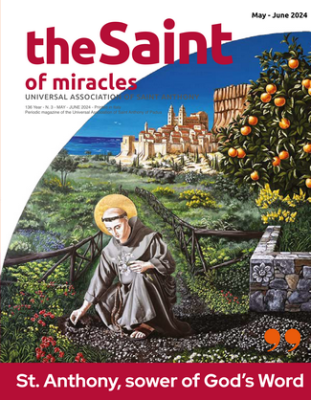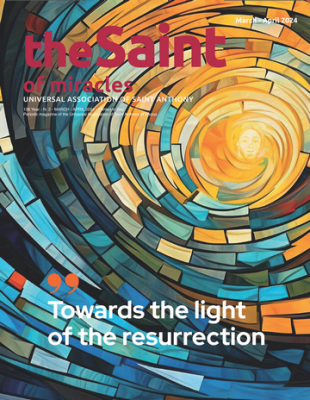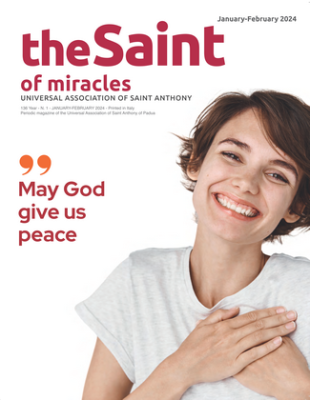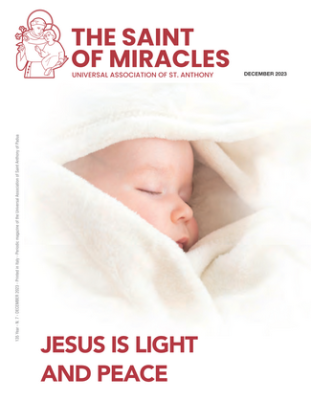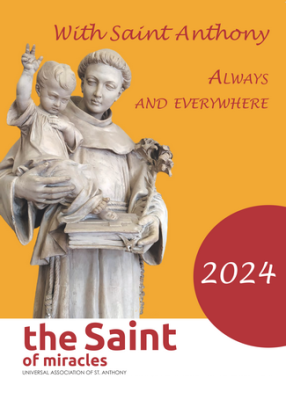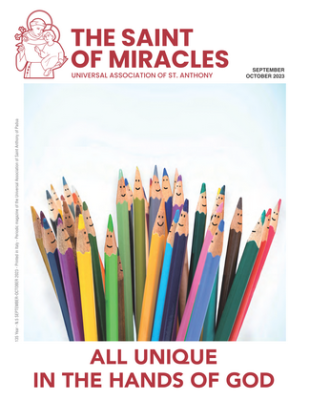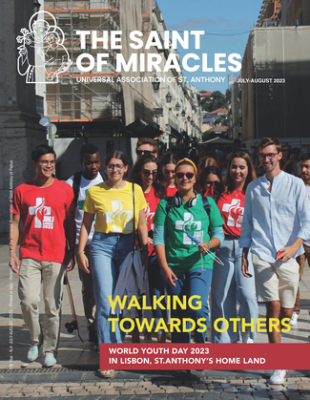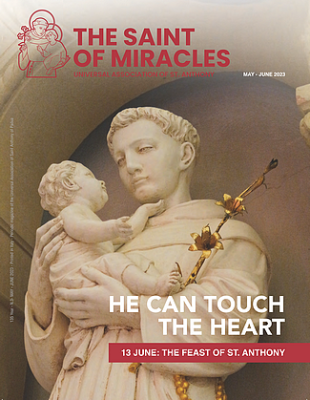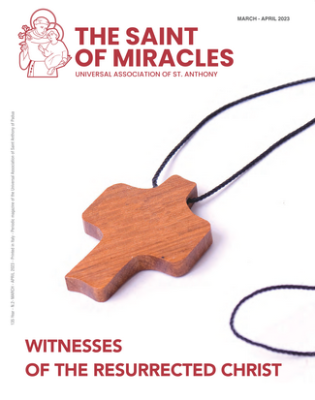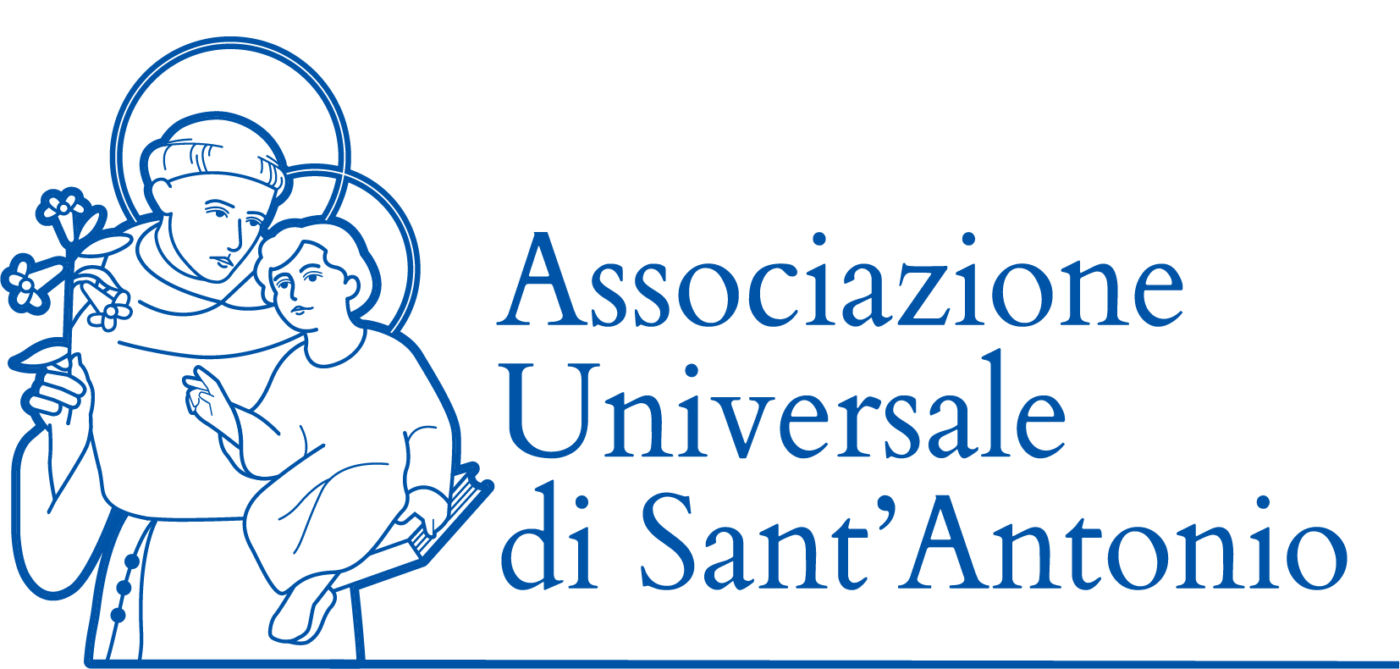Year 133 - February 2021Find out more
Words that heal
Fr. Livio Tonello, director

Every day we can see that verbal aggressiveness is widely used. This aggressiveness is expressed through verbal attacks which are rude, criticizing and insulting. Over time vulgar expressions are more and more commonly used and very often many people use swear words not only when they are angry but in every day language.
Even on television or on the radio it is more and more accepted to use crude language; years ago this would have been unthinkable. Bleeping was used for many years as a means of censoring TV programs to remove unsuitable content. Now swearing can be heard in every transmission and talk show.
They use them to try to make people laugh by playing on crude double meanings and making insinuations. This happens in the field of public information and in all social classes. Thanks to the protection of anonymity profanity easily enters into social Media where it is possible to attack people verbally.
In the past foul language was considered to be an expression of intellectual poverty, now insults are a symbol of modernity and they are deployed also for a specific political purpose. Even in politics the verbal abuse used goes far beyond ideological confrontation as hard as it is imagine.
The trouble is that it catches on. So levelling down, vulgarity works in politics, swearing serves as a social signal and for having a larger audience; politicians profanity increases the perception of language informality showing that if they swear they are like the rest of us. A recent survey underlined that our fellow countrymen are fascinated by a rude and aggressive language which can attack an opponent also in his private life.
I wonder if this is not a sign of weakness and of spiritual poverty. Let’s recall this beautiful expression of the evangelist John: “For from the fullness of the heart the mouth speaks” (Matthew 12,34); it means that what comes out from the mouth reveals what is settled in our hearts, on our thoughts and in our emotions. The celebration of the uncorrupted Tongue of Saint Anthony falls on 15 February and he invites us once more to think about the quality of our language.
The lips of Saint Anthony pronounced words of praise, of encouragement but also of invectives against violent and corrupted people with the purpose to admonish them. The eloquence of Saint Anthony is the expression of what he lived and experienced in his existence. The virtues he practised in his life rang out in the streets and squares like a Gospel, a happy event. It is the same purpose of those who hold a position of responsibility in education, in management: a noble constructive speech should spring up from their heart. Is a good example the best sermon?
Just as words. In this historical context we very often listen to many empty speeches that are without cultural content and rude words are widely used. Words can wound more than a sword but swearing is the weapon used by those who have no convincing argument. Very often people who use them have no instruments of culture and therefore try to impose themselves with arrogance.


 Italiano
Italiano Français
Français